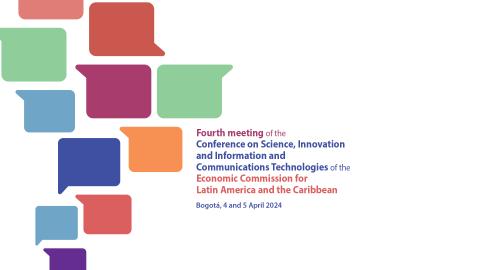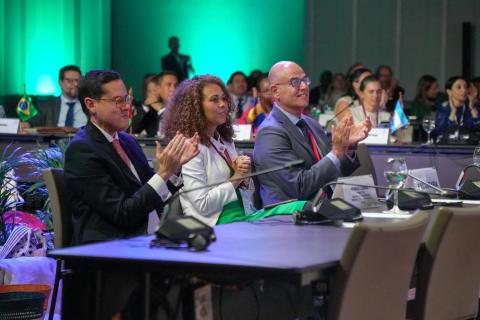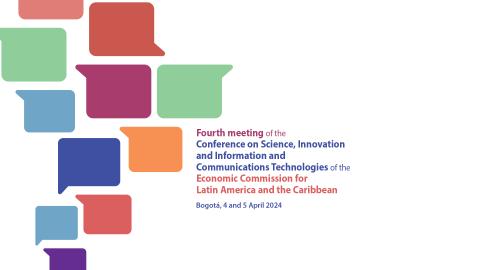Announcement
(17 October 2011) Today, the first School for broadband policymakers in the region, organized by the Economic Commission for Latin America and the Caribbean (ECLAC) with the support of World Bank, was inaugurated at the headquarters of the Organization in Santiago, Chile, and government officials from seven Latin American countries are taking part.
"We hope that this school will help the processes of regional integration and the formation of a regional and independent broadband market, which effectively contributes to expanding information and communication technologies (ICTs) and has positive effects which benefit all of the inhabitants of Latin America," said the Deputy Executive Secretary of ECLAC, Antonio Prado.
Those responsible for national broadband policies in Argentina, Chile, Colombia, Costa Rica, Ecuador, Paraguay and Peru are attending the meeting. The objective is to create a space for debate between the public, academic and private sectors, to analyse issues relating to the massification of this service in Latin America.
It is an unprecedented initiative in the region which is part of the activities of the Regional Dialogue on Broadband, founded in June 2010, which promoted the creation of the Regional Broadband Observatory (ORBA) launched in May of this year by ECLAC.
At the opening ceremony, Arturo Muente-Kunigami, representative of World Bank, thanked ECLAC for the invitation to take part in this initiative and invited participants to share experiences and gather lessons learned on broadband at international level.
Some of the speakers at the School for broadband policymakers include Sergio Scarabino, from the International Telecommunications Union (ITU), representatives from private operators such as Entel, Telefónica and América Móvil-Claro, and renowned experts such as the Korean Wonki Min, and Paulo Lopes, from the European Union, who will both present success experiences of policies.
"ECLAC is committed to the development of the Information Society in Latin America and the Caribbean. For this, we rely on the important collaboration of the European Commission through the ECLAC@LIS2 Programme," stressed Antonio Prado.
According to data from ORBA, between April 2010 and April 2011, there was a significant improvement in the affordability of the fixed broadband service in the region, since the monthly income needed for one megabyte per second (Mbps) dropped by slightly more than 37% on average in Latin America.
However, the service charge is almost five times higher than the average recorded in the countries of the Organization for Economic Cooperation and Development (OECD), for which initiatives such as the School of policymakers are key to continue driving development, massification and the decrease in charges.
The countries of South America also showed an improvement in the actual broadband Internet access speed. The uplink speed increased by 64% between January 2010 and August 2011, while the downlink speed by 75% during the same period. However, this is not enough to bridge the current gap between developed countries: in Europe the uplink speed is almost four times greater than in the region, while the downlink speed is practically three times greater.
Any queries should be addressed to the ECLAC Public Information and Web Services Section. E-mail: dpisantiago@cepal.org; Telephone: (56 2) 210 2040.



